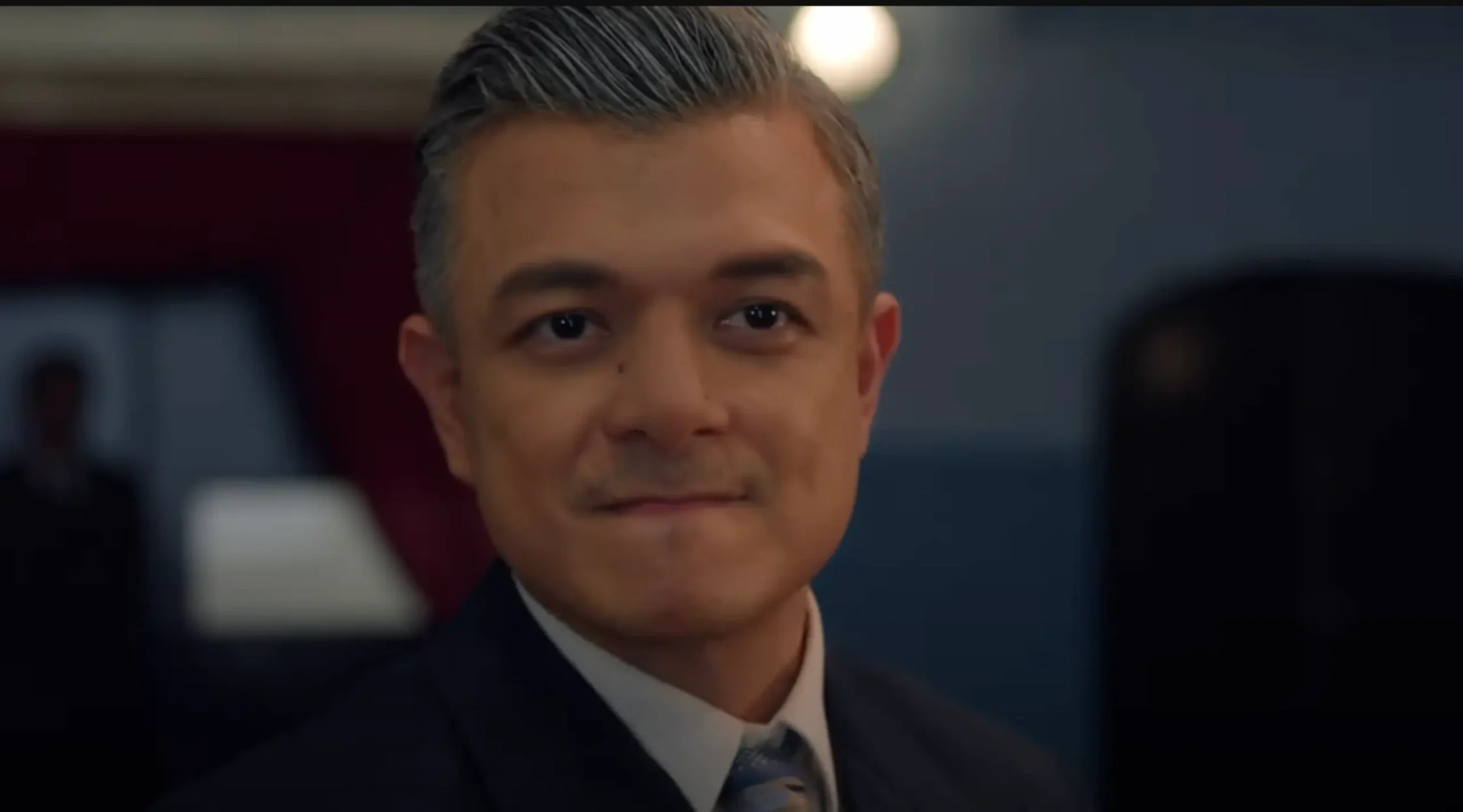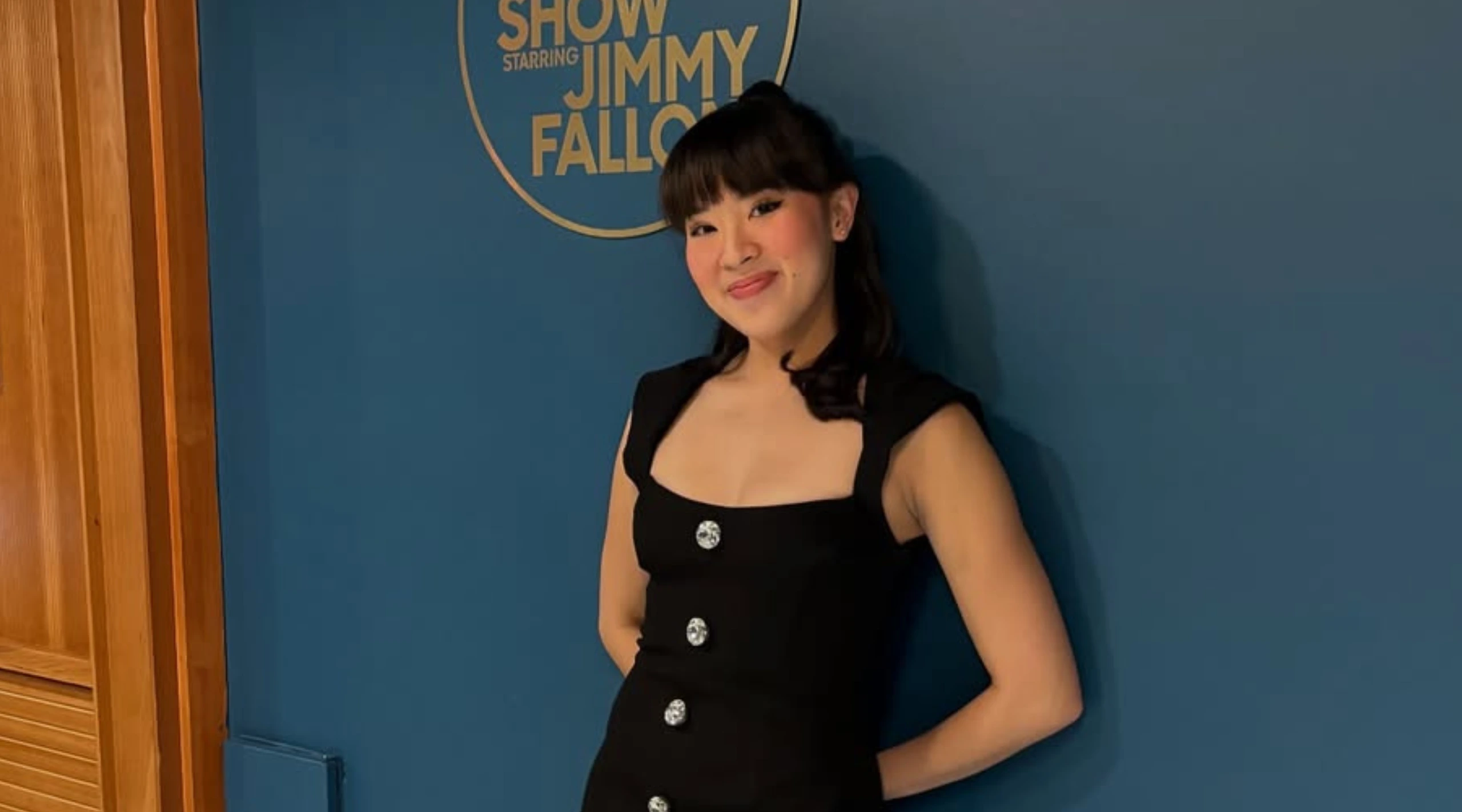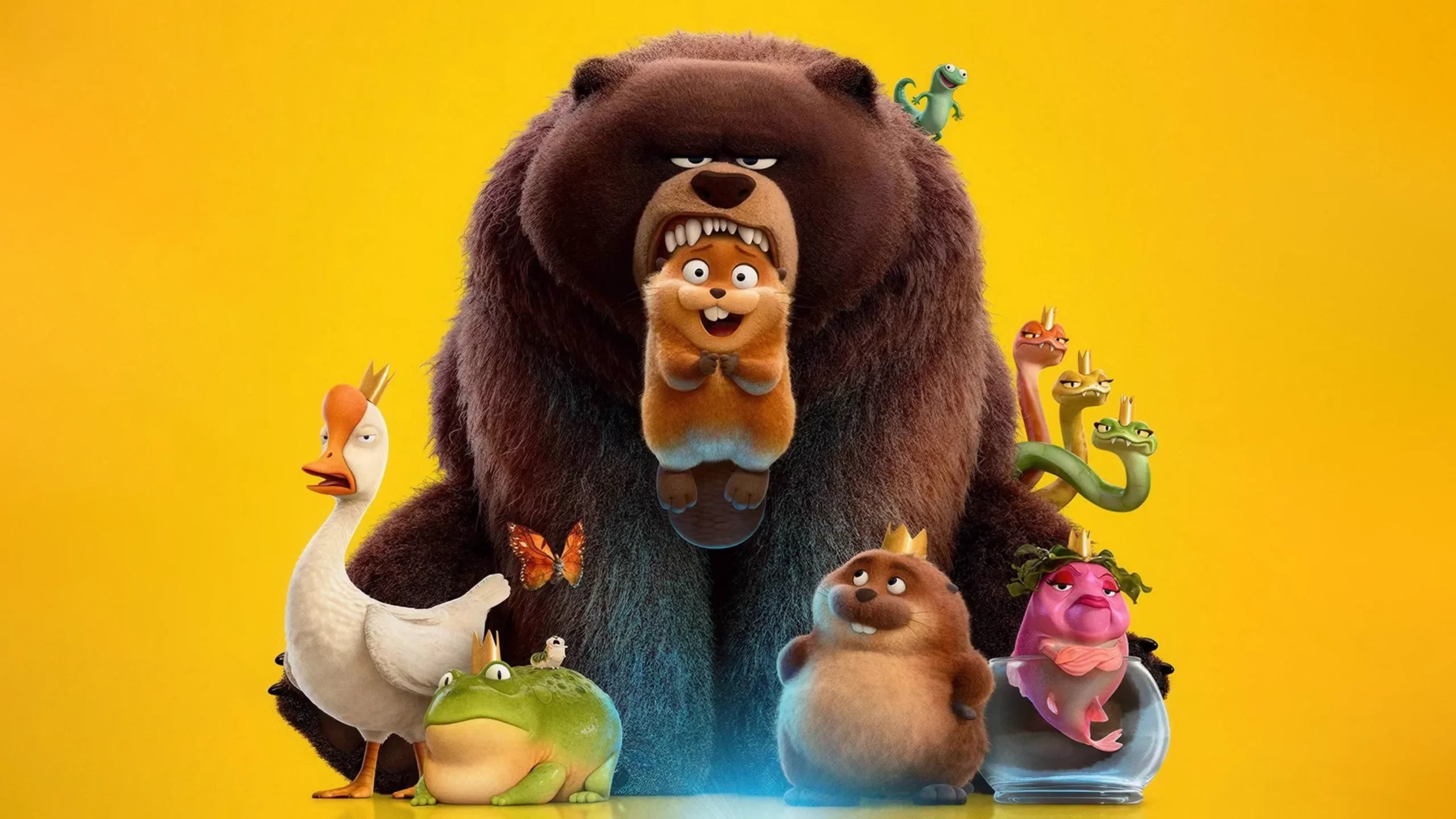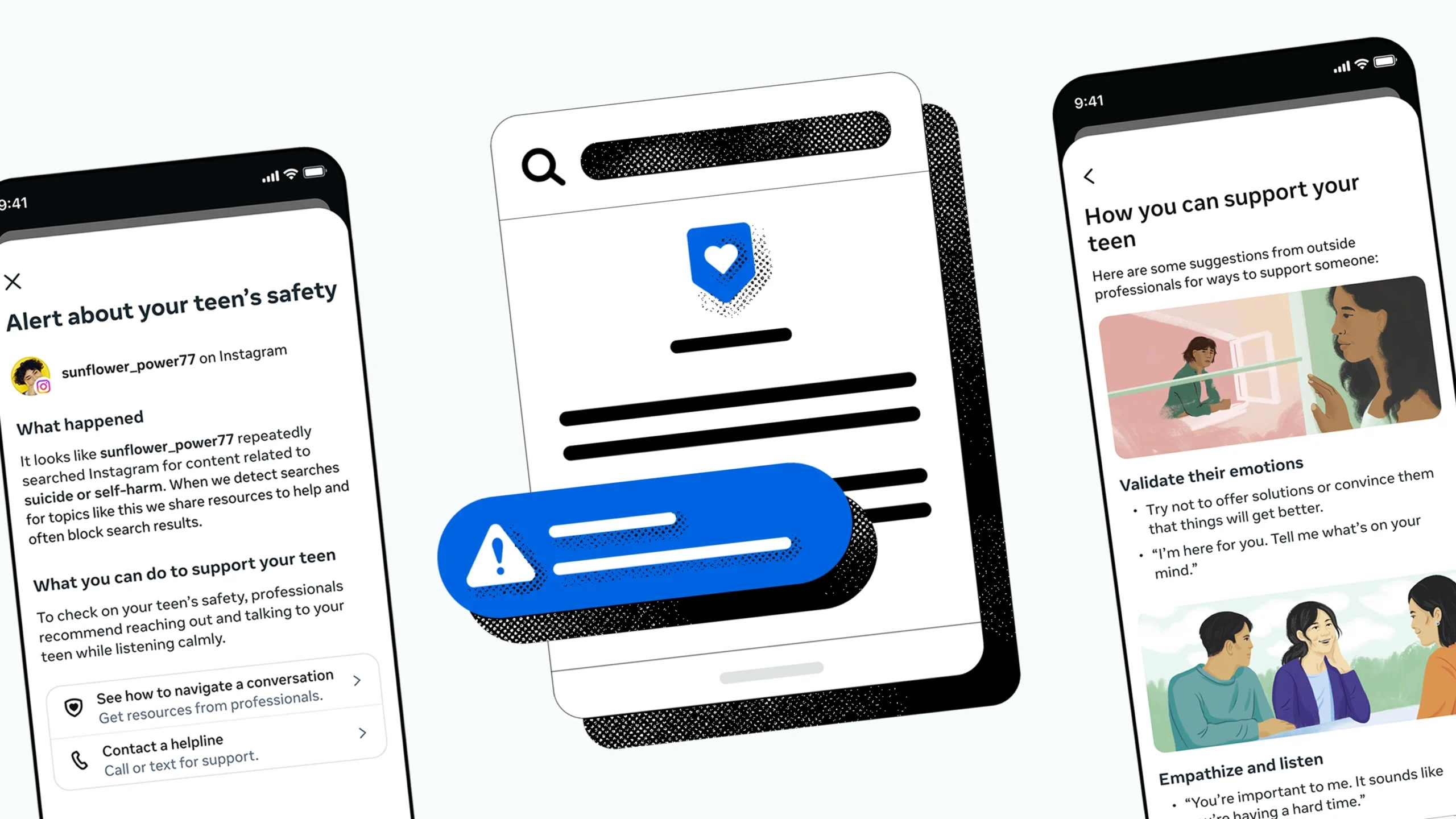Why the Film Quezon Could Change How Our Kids See Philippine History
Quezon, starring Jericho Rosales, is the third installment of the Bayaniverse trilogy, directed by Jerrold Tarog
In an era where social media dominates our children’s attention, how do we teach them about the country’s history? Amid the noise and distractions, historical films have become unexpected yet powerful tools—and Quezon might be one of the most compelling yet.
The film’s trailer dropped on the Commonwealth President’s birthday, August 19. In it, we’re given a glimpse of Manuel L. Quezon’s life during the Philippine-American War and the turbulent establishment of the Commonwealth era, where he became president.
Manuel L. Quezon: The Sensitive Politician?
One scene shows a visibly upset Quezon after being accused of being a chameleon. His wife, Aurora (played by Karylle), tenderly tells him, “I love you—but you are a chameleon.” Aurora’s comment is both honest and telling—an acknowledgment of Quezon’s complex identity as a leader.
The trailer doesn’t just highlight political maneuvering—it reveals the emotional cost of leadership. In another intimate moment, Quezon confides in Aurora that he may be the only one who can fight for the country’s independence.
We also see Quezon in a tense dinner table scene, throwing a newspaper in frustration and blaming Sergio Osmeña (Romnick Sarmenta) for a political misstep. While we know him historically as the President of the Commonwealth era, this film appears to humanize him, offering a rare look into his personality, struggles, and convictions.
A Tense Relationship with Aguinaldo
The trailer also explores Quezon’s uneasy dynamic with Emilio Aguinaldo, the country’s first president. In one moment, Quezon urges Aguinaldo to condemn U.S. Governor-General Leonard Wood, while Aguinaldo is later seen in a cordial exchange with Wood, saying, “There are too many politicians in this country, and only a few public servants.”
As Quezon and Osmeña announce their candidacies for president and vice president, Aguinaldo goes on a tirade against them, further illustrating the deep-rooted political tension.
Later, Quezon is seen instructing someone to turn his life into short films, already demonstrating an understanding of the power of media in shaping public perception.
Why Kids Need to Watch
Although political, Quezon is a film parents should consider watching with their kids. Today’s youth are highly aware of the country’s challenges, and this film offers a unique lens into the struggles that have shaped our current system—many of which still echo in our institutions today.
As part of its campaign, the cast of Quezon has launched a nationwide tour, holding forums about the film and Philippine history. It’s more than just a press run—it’s an opportunity to deepen national awareness for the next generation.
Quezon isn’t just a film; it’s an entry point. For young minds still forming their ideas of nationhood, and for parents looking to guide them with honesty and heart, this movie may offer more than a history lesson – it offers a conversation.
More about movies
Millennial Parents, This Is Your Chance to Revisit Harry Potter With Your Kids
Family Favorite Returns: The Sound of Music Hits Cinemas for 60th Anniversary
What Fantastic Four: First Steps Teaches Us About Being a Family









